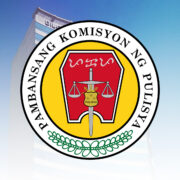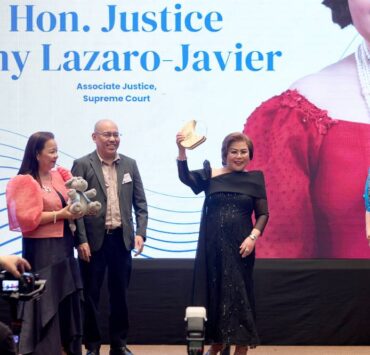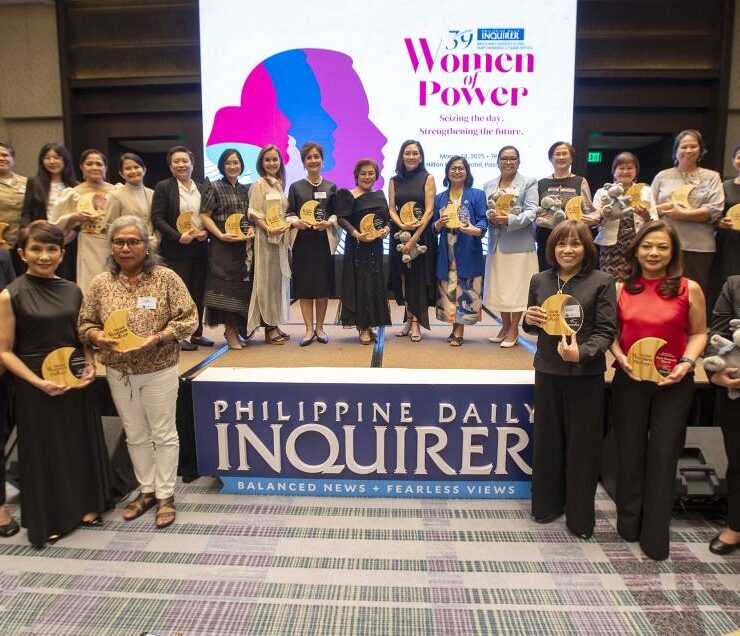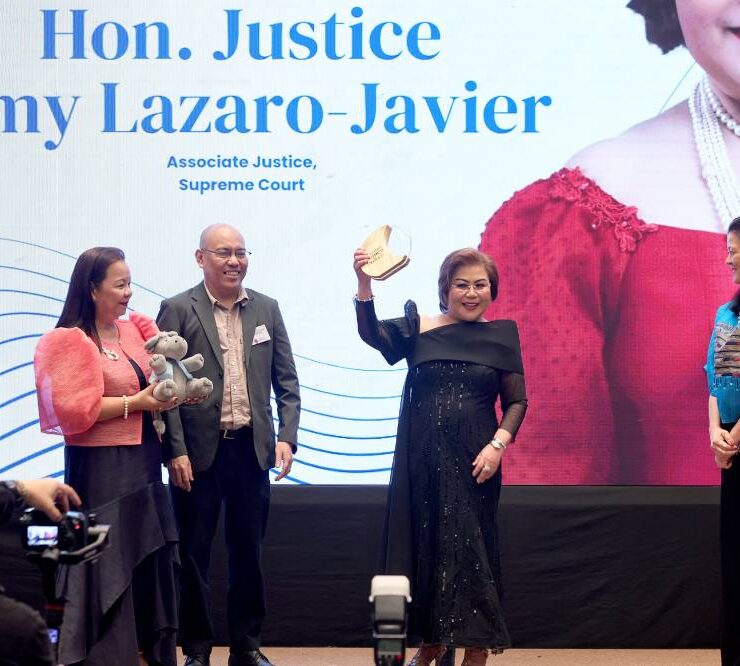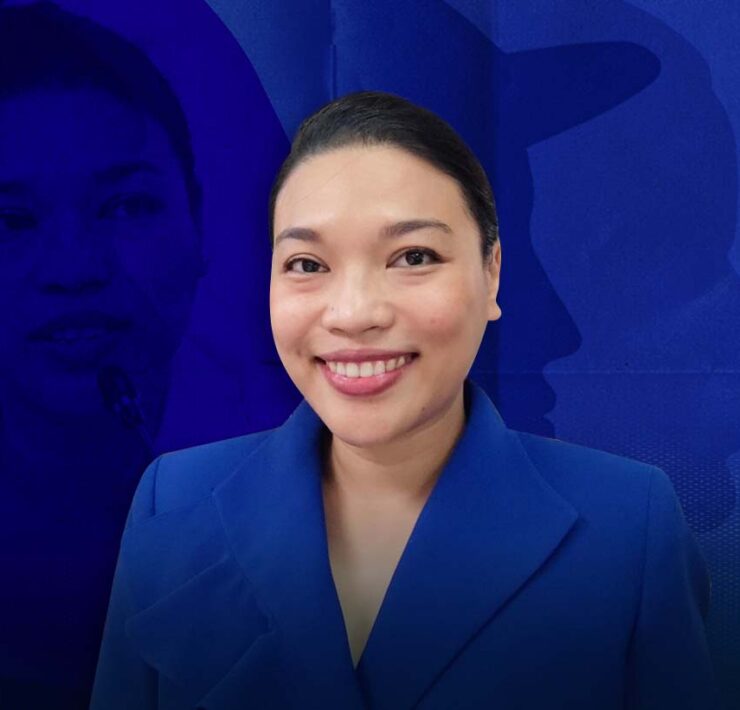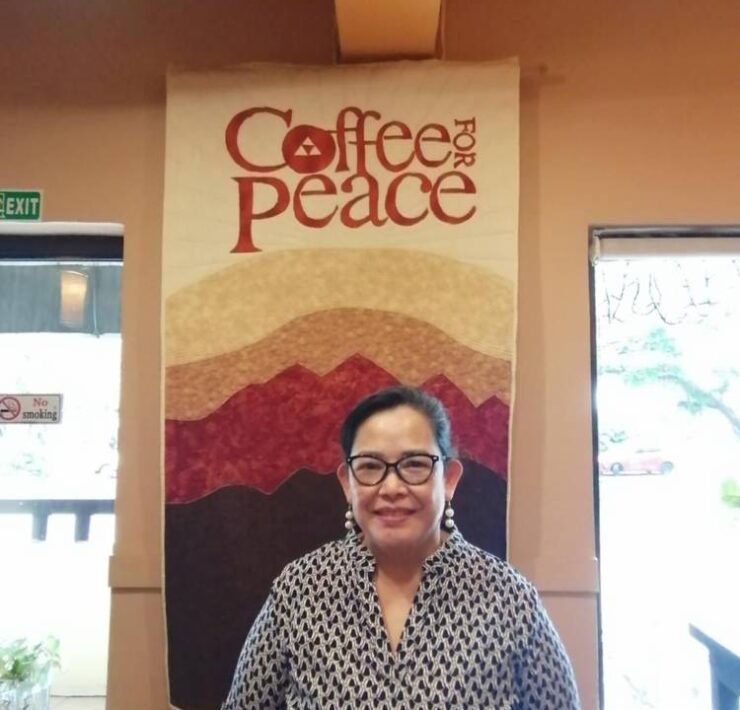Sabrina Ongkiko: Steadfast reformer in ‘broken system’ of education
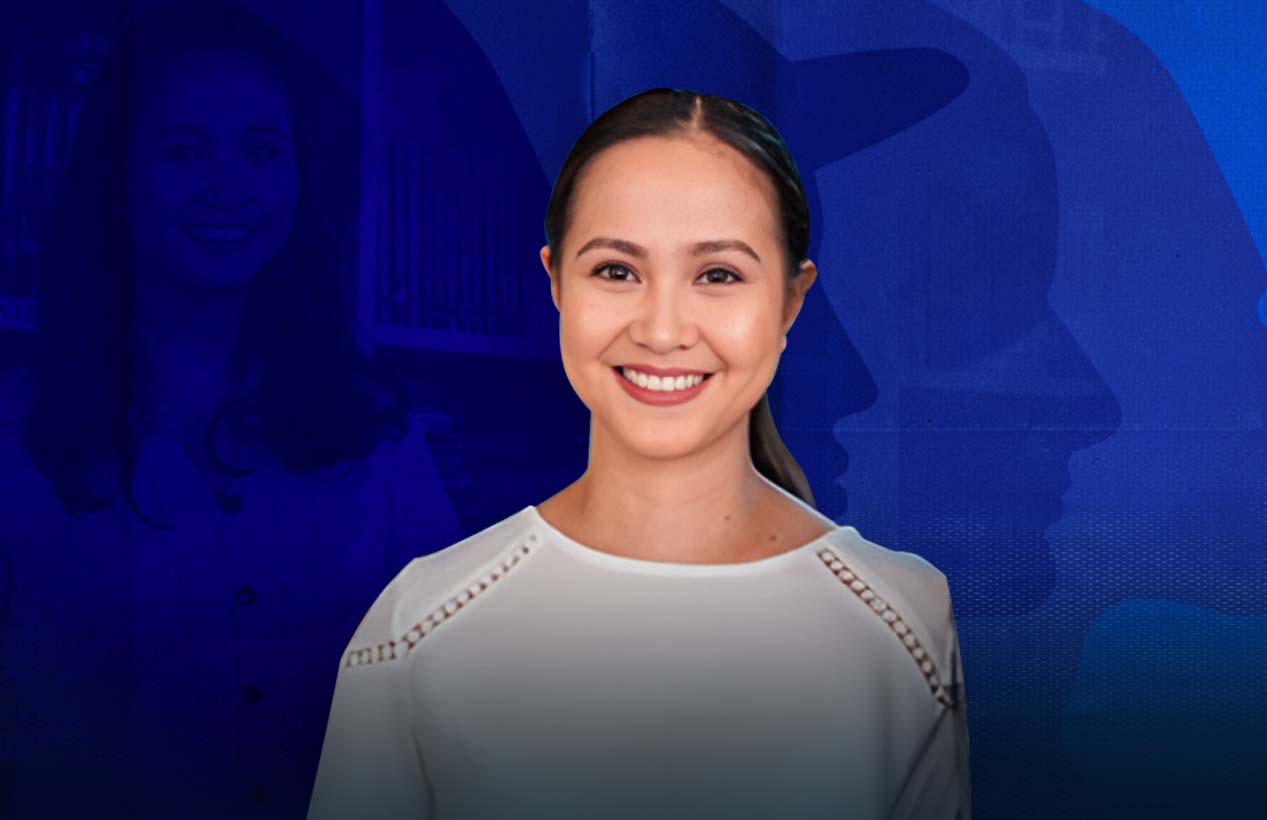
Fate indeed leads the willing, as it did Sabrina Ongkiko.
“Teacher Sabs,” which is how her students and fellow teachers call her, has proven to herself time and again that she chose the right path by pursuing her personal vocation of being a public school teacher.
She was first a premed student at the Ateneo de Manila University, graduating in 2005 with a dream of becoming a doctor.
But these days, she is a public school teacher dedicated to pursuing reforms and gathering wide social support for the improvement of the country’s educational system.
For nearly 15 years, Ongkiko has crafted transformative ways to enhance learning among Filipino children, earning her numerous honors, such as The Outstanding Women in the Nation’s Service in 2016 and one of the Metrobank Foundation’s Outstanding Filipinos in 2021.
Along with the latter recognition, she was also hailed as “Quezon City’s Transformative Educator,” chiefly for her efforts to sustain student learning amid the COVID-19 pandemic.
Planning distance learning
During that unprecedented health crisis in 2020, Ongkiko led the planning and implementation of her school’s learning continuity program, spearheading the use of online applications like Facebook Messenger as a platform to maintain classes.
The program served as a blueprint for the government, with the central office of the Department of Education (DepEd) and other public schools replicating her efforts to keep young people engaged in education through distance learning despite the formidable odds.
At one point in her teaching career, Ongkiko went to Australia to pursue her master’s in education degree at the University of Melbourne. There, her papers focused on teacher leadership and distributed leadership, two aspects that she believed were crucial to the implementation of one of the biggest edcation reforms of DepEd back then, school-based management (SBM).
Upon her return to the Philippines, Ongkiko joined the newly established School Effectiveness Division, a DepEd office that oversaw the implementation of SBM.
“For me, there was an intersection between skill, passion and a call to respond to a need. I really felt that it was my calling to teach and that there was a need in the education sector that I wanted to solve,” she said then.
Calling out Edcom
Under that division, Ongkiko and her team were given the opportunity to encourage an office culture where distributed leadership is a practice.
“We made sure that school stakeholders are always part of the policymaking process,” she said. “Through the office, we are able to understand the school contexts better and create better policies, especially those strengthening SBM. We started with improving the school planning process, strongly emphasizing the voice of the stakeholders in finding out the root causes of school problems and in designing solutions.”
Ongkiko also proved to be a voice for her fellow educators, after she led the airing of concerns and feedback at the Second Congressional Commission on Education (Edcom 2).
She highlighted how important it was to give teachers, parents and students larger roles in reviewing the country’s education system, which she bluntly described as “broken.”
Edcom 2 is a government body tasked to oversee reforms aimed at improving the Philippine education system, with an annual report on educational gaps produced by commissioners composed of legislators and experts.
She minced no words in an Aug. 5, 2023, commentary piece published in the Inquirer, when she called out the commission for not including teachers as “active agents,” yet treating them as “objects of educational reform.”
“Teachers, just like our students, are victims of a broken system that we are being asked to fix,” she lamented. Teachers were “always at the receiving end of reforms,” their roles “relegated” to mere implementers of the next set of reforms crafted for the ailing educational system.
Community effort
While acknowledging Edcom’s efforts to reach out to teachers, Ongkiko noted that the commission needed to include more insights from educators on the ground as well as from parents and students.
“The question remains whether the commission will truly consider these voices as valuable inputs to bring about meaningful change in education,” she declared. “But for now, we will take whatever chance we have to be heard—just as we will continue to persevere for every learner under our care.”
Ongkiko is also part of DepEd’s ongoing Principals’ Training and Development Program.
In an earlier interview, she recalled how scary it was to be a young teacher and talk to principals and district supervisors. What was on her side was the research and exposure that she had done in her study in Australia.
“I give talks to partners from the industry to show them why we need to help our teachers and students. DepEd cannot do educational reforms alone. In the same way that it takes a village to raise a child, it takes the whole community to provide quality education,” she said. —WITH REPORTS FROM INQUIRER RESEARCH













